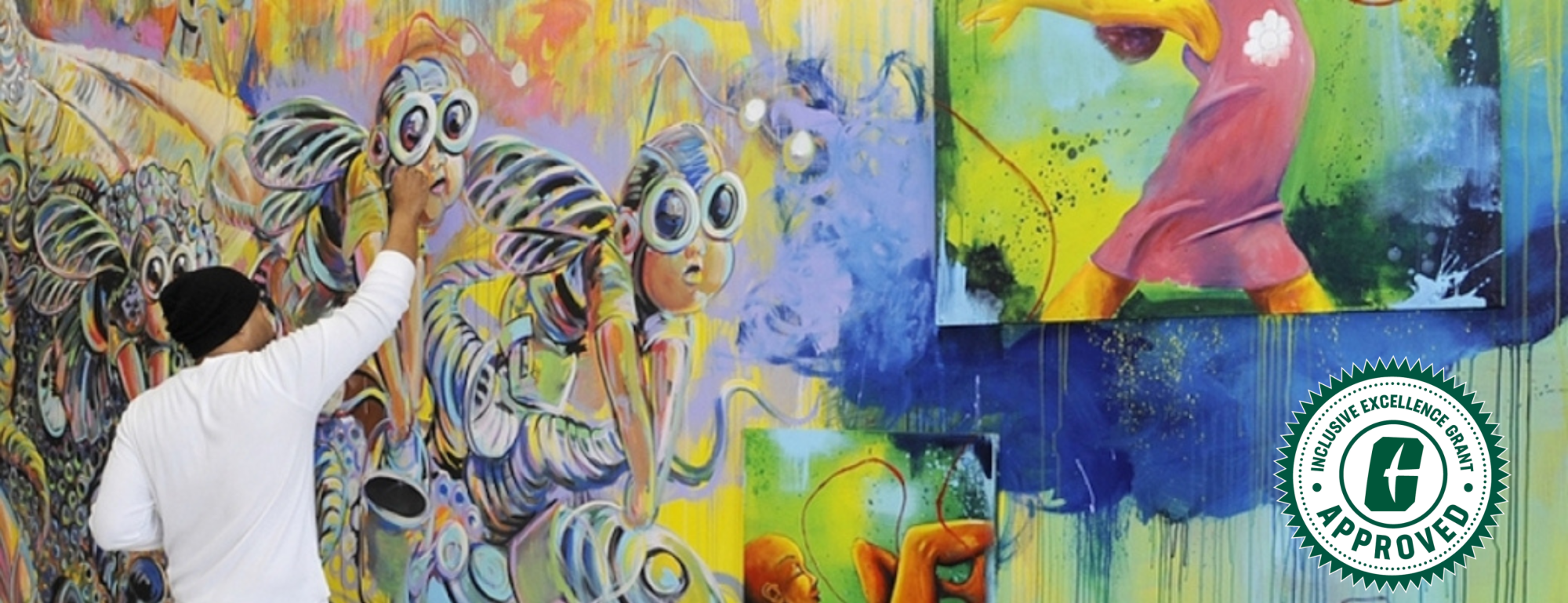
Our Inclusive Excellence Grants (formerly known as the Chancellor’s Diversity Challenge Fund) is a funding opportunity to support innovative University-level activities, events, or projects that have the potential to enhance diversity, promote equity, and foster inclusion throughout UNC Charlotte and our surrounding communities. Open to faculty and staff, this initiative provides modest resources with a preference for projects that are rooted in high-impact, evidence-based practices; involve cross-cultural collaborations; hold the most significant potential for sustainable success; and align with the strategic goals of the Office of Diversity and Inclusion. Projects selected for funding are restricted to a maximum award amount of up to $10,000.
All funds must be spent in accordance with University fiscal and procurement policies.
Limited non-state funds are available for food items and other expenses that may not be purchased with state funds. Requests for food purchases will be considered. Funding for food expenses will not exceed $500 and will be based on availability.
PROPOSAL SUBMISSION DEADLINES FOR 2024-2025 PROGRAMS
-
Proposal Submissions Open: January 8, 2024
-
Proposal Deadline: March 13, 2024
-
Notification of Award: June 3, 2024
-
Project Completion Period: July 2024 – May 2025
PROPOSAL SUBMISSION DEADLINES FOR SPRING 2025 PROGRAMS
- Proposal Submissions Open: August 19, 2024
- Proposal Deadline: October 7, 2024
- Notification of Award: December 2, 2024
- Project Completion Period: January - May 2025
Inclusive Excellence Grant Rubric
Proposal Priority Areas
Aims to invite student-centric and collaborative programming and partnerships among groups, centers, programs, registered student organizations, and/or initiatives that are looking to address the importance of diverse views and cultures. These programs should educate others on issues of diversity, equity, and inclusion, strengthen belonging and engagement among minoritized groups, and increase opportunities for collaborative learning around issues of inclusive excellence.
Proposal Rating Criteria
PROJECT FINAL REPORT
Awardees are required to complete and submit an outcome report no more than 60 days following the conclusion of their program, activity, or implementation of the initiative. All final reports are to be submitted by no later than May 30th of the academic year in which the grant was awarded. Failure to do so will prevent future consideration of funding for Innovation in Inclusive Excellence Grants and associated partners. Your outcome report should include the following:
- Overview of major activities
- Results – findings, developments, conclusions
- Key outcomes and/or achievements and evidence of activity
- How the project has resulted in increased impact or capacity in the identified project priority area(s)
- Final budget expenditures and supporting documentation
Email the project final report to dei-office@charlotte.edu.
If you have any questions, email nkawalec@charlotte.edu.